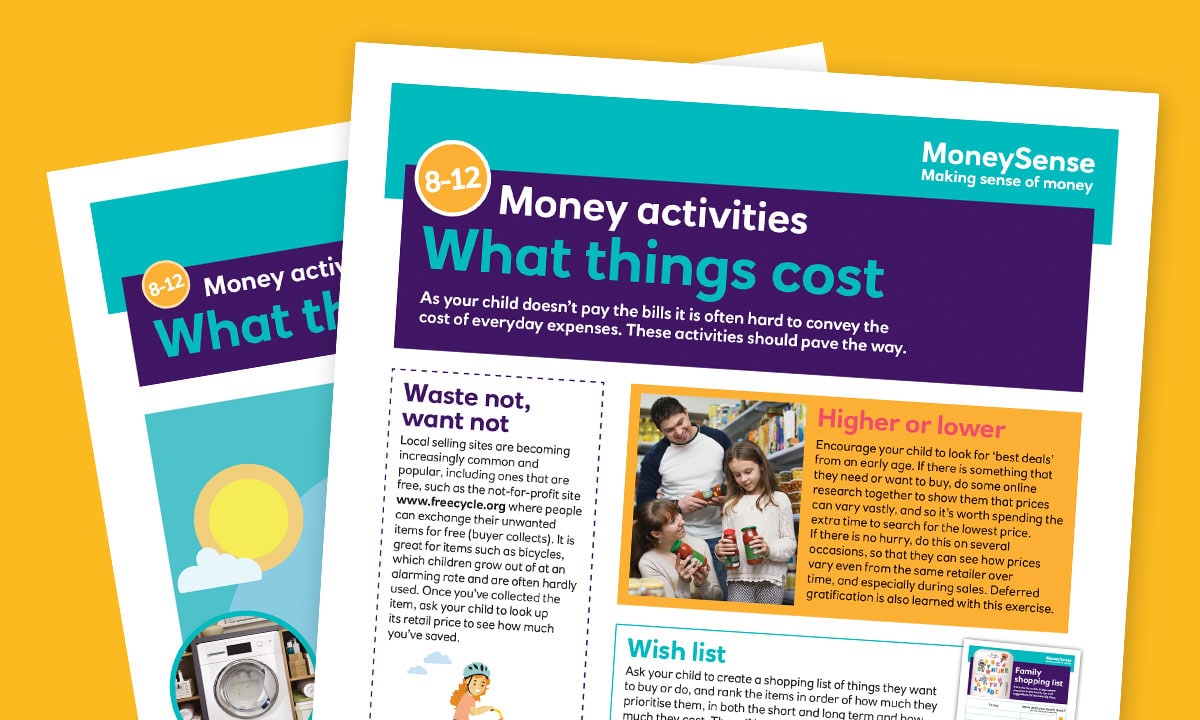What should I spend my money on?
Island Saver helps your child make informed spending choices as they make decisions about how they spend their money, what to buy in Pigby’s store and how to find the best deals by bartering with Kiwi the parrot (the Island Saver tour guide). Making informed choices will also help them through their island adventures so that they make the most of the coins (doubloons) that they earn.
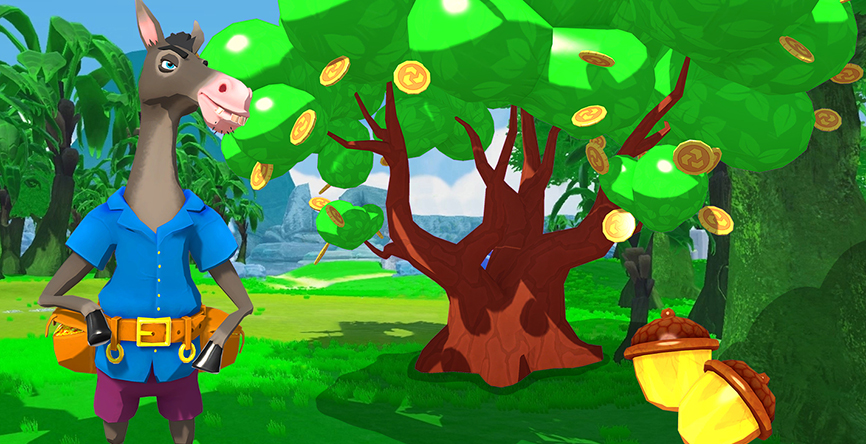
Pigby’s store: choices, choices…
Together with your child, take a look at some of the items available to buy in Pigby’s store. They can access the store through their virtual watch. Look at how the store is set up – there are seeds (needed to progress through the game and feed the bankimals), upgrades (which can help make their experience of the game more enjoyable) and fun extras (they can buy fun accessories for their bankimals and even change their colour!).
Bartering with Kiwi
On islands two and three some of the food produced on Island Saver is not what the bankimals need, so bartering with Kiwi to get new seeds to grow the essentials is vital. Discuss what bartering means (negotiating the prices and quantities of items sold) and ask your child to decide whether this is a fair way of trading and who benefits from this approach – the buyer, seller or both?
Making informed choices – wants or needs?
Decide together which items in the store are ‘wants’ and which items are ‘needs’. A need is something that we cannot live without – food, water or shelter, for example – and a want is something that we would like to buy. Discuss what your child’s spending priorities might be and what items they need to help them make an informed decision about what to buy. Consider together whether there are enough coins to buy the items they want, or if they should save their coins just in case they need them later on.
Making informed choices also means finding enjoyment in the coins that we have – this responsible spending can contribute to improving our wellbeing, too. It’s worth explaining that using our money to pay for priorities (things we need) is important, but it’s also ok, if possible, to spend our coins on things we want. It’s all about balance!
Making informed spending choices also means your child being aware of how to spend their money safely, because if something appears too good to be true, it usually is!
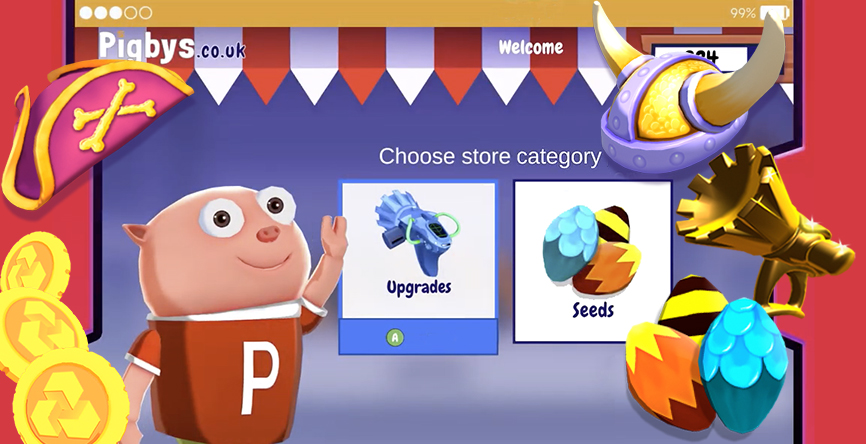
Bucky the Mule
On island two, your child will meet Bucky the Mule. Bucky has an amazing offer and demonstrates that money really does grow on trees. His money tree seeds are 30 doubloons and Bucky guarantees they will make your child a lot of money! Bucky is very convincing, so if your child decides to buy the money tree seeds, ask them what happened – did it work out? Clearly this is a scam, so ask them how they felt afterwards. On reflection, were there any tell-tale signs that this could have been a scam?
Builder Bots
Builder Bots help your child build the items they need to make their way through the islands. In order to build, they will need to collect different combinations of rubbish from around the islands – so by cleaning the mess they are being rewarded for their efforts. Ask them to consider the other rewards they receive whilst playing Island Saver and how these make them feel.
Good value
In reality, getting value for money is an important skill to develop and it is not always about price – quality and level of service are also important factors. When you are out shopping, talk to your child about whether they think items are good value for money and why they think that. If you buy online, researching alternatives and reading online reviews can also help you make informed decisions, so try to involve them when you do this.
Find out about all the latest MoneySense articles for parents by following us on Facebook
Why not try another MoneySense activity
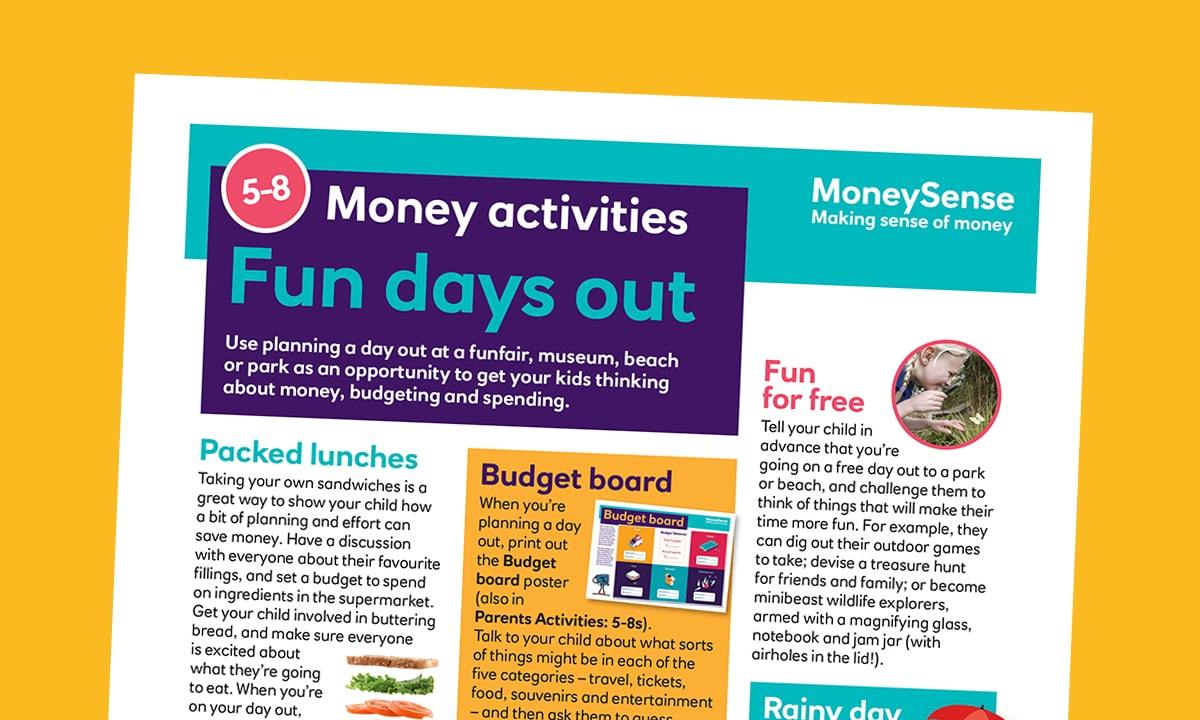
 Activities:
Activities: 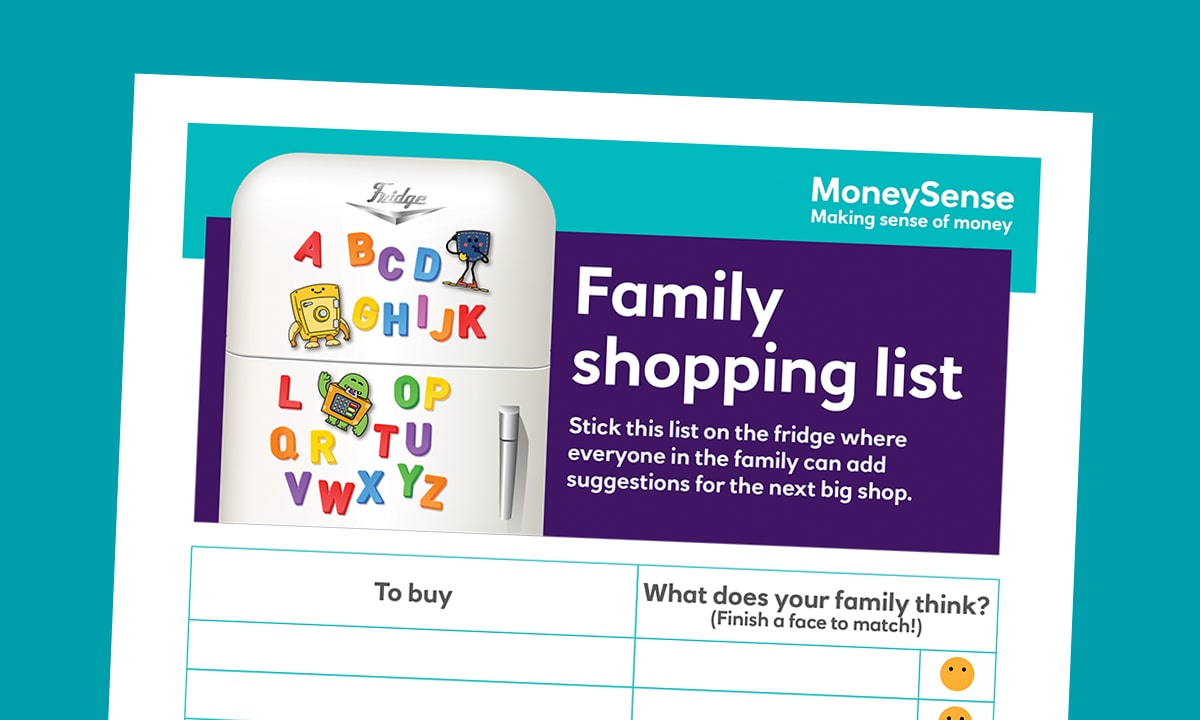
 Poster:
Poster: 